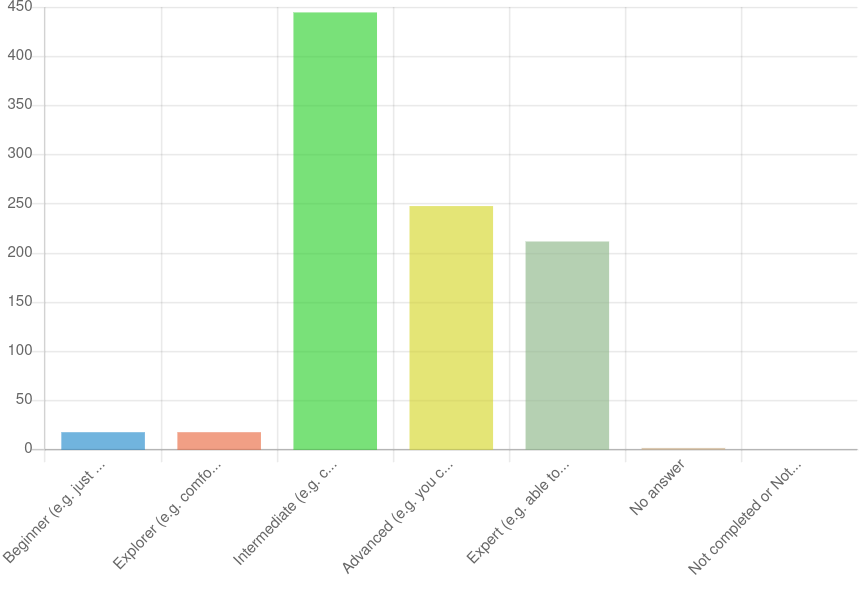Author: Thom Holwerda
Source
Sponsored:
Atlas of AI: Power, Politics, and the Planetary Costs of Artificial Intelligence - Audiobook

Uncover the true cost of artificial intelligence.
Listen now, and see the system behind the screens before the future listens to you. = > Atlas of AI $0.00 with trial. Read by Larissa Gallagher
A few days ago, I was pointed to a post on the Mozilla forums, in which developers of Firefox extensions designed to circumvent Russian censorship were surprised to find that their extensions were suddenly no longer available within Russia. The extension developers and other users in the thread were obviously not amused, and since they had received no warning or any other form of communication from Mozilla, they were left in the dark as to what was going on. I did a journalism and contacted Mozilla directly, and inquired about the situation. Within less than 24 hours Mozilla got back to me with an official statement, attributed to an unnamed Mozilla spokesperson: Following recent regulatory changes in Russia, we received persistent requests from Roskomnadzor demanding that five add-ons be removed from the Mozilla add-on store. After careful consideration, we’ve temporarily restricted their availability within Russia. Recognizing the implications of these actions, we are closely evaluating our next steps while keeping in mind our local community. ↫ Mozilla spokesperson via email I and most people I talked to already suspected this was the case, and considering Russia is a totalitarian dictatorship, it’s not particularly surprising it would go after browser extensions that allow people to circumvent state censorship. Other totalitarian dictatorships like China employ similar, often far more sophisticated methods of state control and censorship, too, so it’s right in line with expectations. I would say that I’m surprised Mozilla gave in, but at the same time, it’s highly likely resisting would lead to massive fines and possible arrests of any Mozilla employees or contributors living in Russia, if any such people exist, and I can understand a non-profit like Mozilla not having the means to effectively stand up against the Russian government. That being said, Mozilla’s official statement seems to imply they’re still in the middle of their full decision-making process regarding this issue, so other options may still be on the table, and I think it’s prudent to give Mozilla some more time to deal with this situation. Regardless, this decision is affecting real people inside Russia, and I’m sure if you’re using tools like these inside a totalitarian dictatorship, you’re probably not too fond of said dictatorship. Losing access to these Firefox extensions through the official add-store will be a blow to their human rights, so let’s hope the source code and ‘sideloaded’ versions of these extensions remain available for them to use instead.





